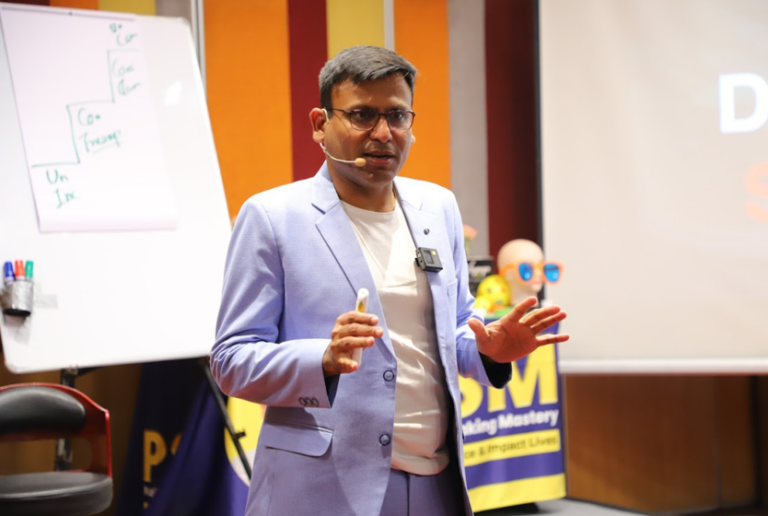Effective communication is an essential skill in both personal and professional settings. Whether speaking to a group or having a one-on-one conversation, the ability to express yourself clearly can make a significant difference.
If you’re looking to improve speaking and communication skills, here are five practical techniques that will help you become a more confident and articulate speaker.
1. Practice Active Listening
One of the most powerful ways to improve speaking skills is to become a better listener. Active listening involves fully concentrating on what the speaker is saying without interrupting or thinking about your next response while they’re speaking. By focusing on the conversation, you can pick up on nuances and emotions that will help you respond more thoughtfully and effectively.
When you actively listen, you improve your understanding of the subject matter and develop empathy, enhancing the quality of your communication. Try to maintain eye contact, nod to show understanding, and avoid distractions such as checking your phone during conversations. This makes the speaker feel valued, leading to smoother, more engaging exchanges.
2. Expand Your Vocabulary
One of the simplest ways to improve speaking is by broadening your vocabulary. A rich vocabulary lets you choose the perfect word to express your thoughts, making you more articulate and confident. You don’t need to use complicated or difficult words, but having a variety of options at your disposal enables you to communicate more clearly and effectively.
Start by reading books, listening to podcasts, or watching educational content that introduces new words and phrases. Keep a journal where you can note down unfamiliar words and their meanings. Gradually build your speaking fluency by integrating these new words into your daily conversations.
3. Power of Slowing Down
In an age where speed often feels like the key to success, slowing your speech might feel counterintuitive. However, one of the most effective ways to improve speaking is to slow down and enunciate clearly. Rushing through words can cause misunderstandings or make your message harder to grasp.
When you slow down, you give yourself time to think before you speak, which reduces the chances of stumbling over words or forgetting what you want to say. Enunciating also helps your audience follow you better. Practising with tongue twisters or reading aloud can help you master clear pronunciation and improve your overall delivery.
4. Use Nonverbal Communication
Communication isn’t just about the words you say; it’s also about how you say them. Nonverbal communication, including body language, facial expressions, and tone of voice, can greatly affect how your message is received. In fact, studies suggest that a significant portion of communication is nonverbal.
To improve speaking and communication skills, focus on maintaining open body language. Avoid crossing your arms, as it can make you seem closed off. Smile when appropriate, and ensure that your gestures match the tone of your message. A confident stance, good posture, and purposeful hand movements can help you convey your message with more impact.
5. Practice Regularly to improve Speaking
The best way to become a better speaker is through practice. Joining public speaking groups like Toastmasters can give you regular opportunities to speak in front of an audience, helping you build confidence and improve your speaking skills. These groups provide constructive feedback that can help you identify areas for improvement and become a more polished speaker over time.
If you’re not comfortable with public speaking yet, start by practising in front of a mirror or recording yourself. Pay attention to your tone, pace, and clarity, and look for ways to refine your delivery. The more you practice, the more comfortable and confident you will become in your communication.
Improving speaking and communication skills is a continuous process that requires dedication and practice. By focusing on active listening, expanding your vocabulary, slowing down your speech, using nonverbal communication effectively, and practising regularly, you can enhance your speaking abilities and become a more confident communicator.
Whether for professional growth or personal development, investing time in these techniques will lead to clearer, more impactful conversations.




